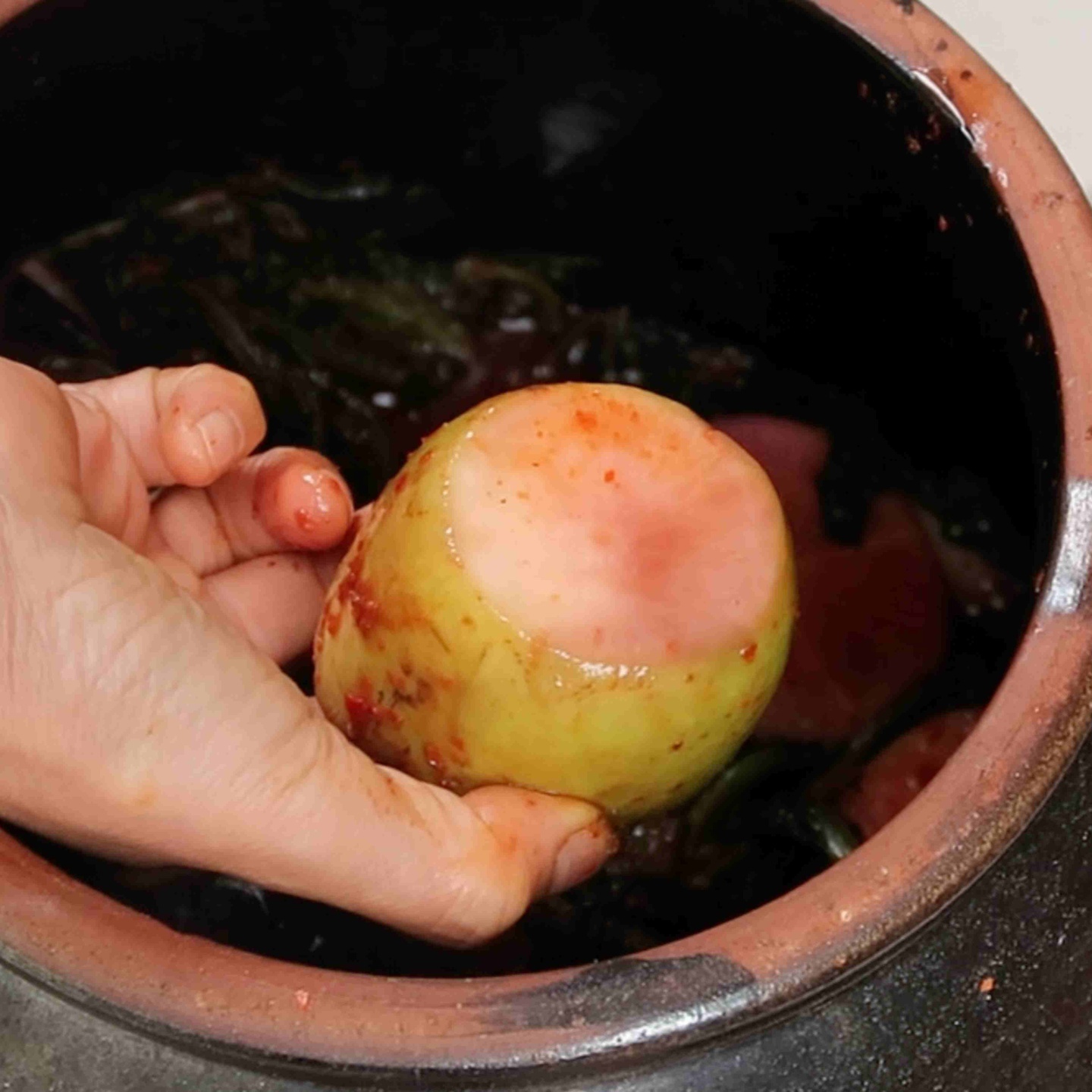Boiled Eggs
Eggs are not really boiled they really should be simmered. When eggs are cooked with a rolling boil they are more likely to crack so simmering them achieves a better result.
There are different cooking methods for cooking “boiled” eggs. You can use the hot water method and the cold water method, based on what cooking method you choose the cooking times of the egg will vary.
- The hot water method means that you place the eggs in water that is already simmering.
- The cold water method means you place the eggs in cold water and bring the water and eggs to a simmer.
Tips for Boiled Eggs
Boiling eggs may seem straightforward but there is nothing more annoying than your eggs cracking and leaking in the water or spending 15 minutes peeling a bunch of boiled eggs. The following tips will help with both of these issues.
To prevent your eggs from cracking and leaking into the water, add some white vinegar and salt to your water before you add your eggs.
To have easy to peel boiled eggs, the solution is vinegar. You can add vinegar to the water before you add your eggs. This will not affect the taste of your eggs unless you add a ridiculously excessive amount of vinegar. I would add 2-3 spoons of vinegar for every 2 quarts of water you use.
Another way to use vinegar is to shortly soak your eggs in vinegar water before boiling. Add some water and vinegar to a bowl and let your eggs sit for about 5 minutes. Then gently place them in the water and let them simmer to your preferred doneness. Certain Korean egg dishes like sauna eggs (찜질방 계란) require the eggs to be soaked for a longer period of time in a vinegar-water mixture. Remember to soak your eggs only if you plan to cook them right away because it weakens the shell and if stored after soaking you can get sick if bacteria enter the egg through the weakened shell.
The Doneness of Boiled Eggs
The time chart below is based on eggs that are simmered using the hot water method. Remember the hot water method means that you add your eggs to water that is already simmering and then start your timer.
- 10 minutes: This egg doneness has a slightly runny bright orange egg yolk with a soft delicate egg white.
- 12 minutes: This egg doneness has an egg yolk that is no longer runny, has a deep orange color, and has a silky thick yolk texture.
- 15 minutes: This egg doneness is the perfect boiled egg. It has a firm bright yellow yolk and solid firm egg whites.
- Quail eggs: These smaller eggs will take a shorter amount of time to cook only about 3 minutes.
Once an egg is completely done cooking, you should place the eggs into an ice water bath (a bowl filled with mostly ice and a little water) to stop the cooking process completely.
Making boiled eggs to your preferred doneness like any other cooking skill takes practice. If you cut open your egg and see green around the yolk, this means that it was cooked for too long. Do not worry though, the egg is still edible just not as tender and pretty. When overcooked, the yolks will be drier and the whites firmer. Just try again and adjust the timing.

